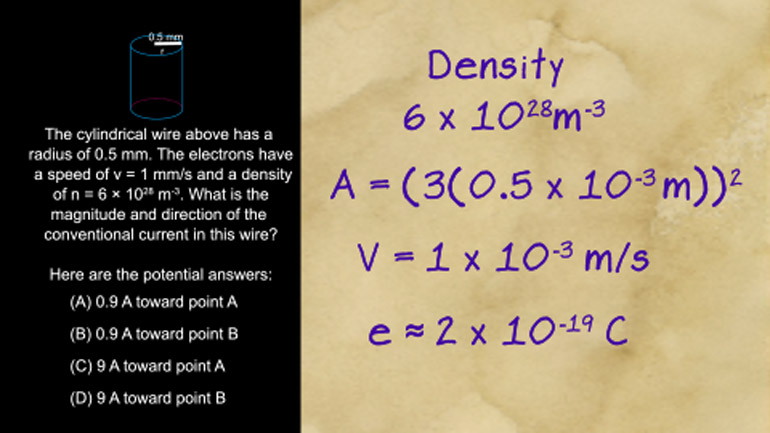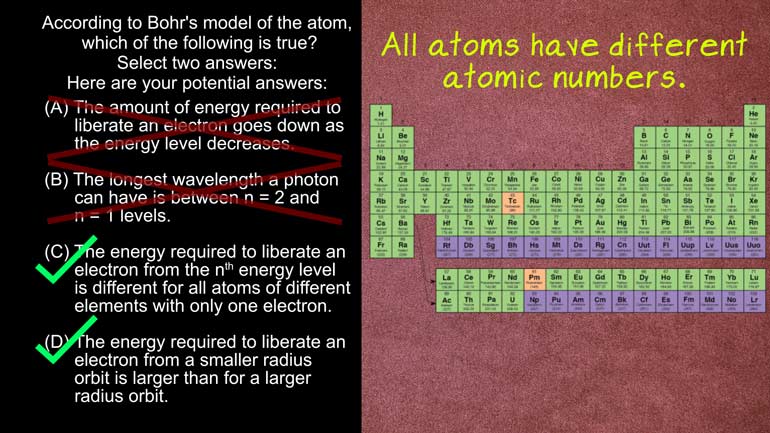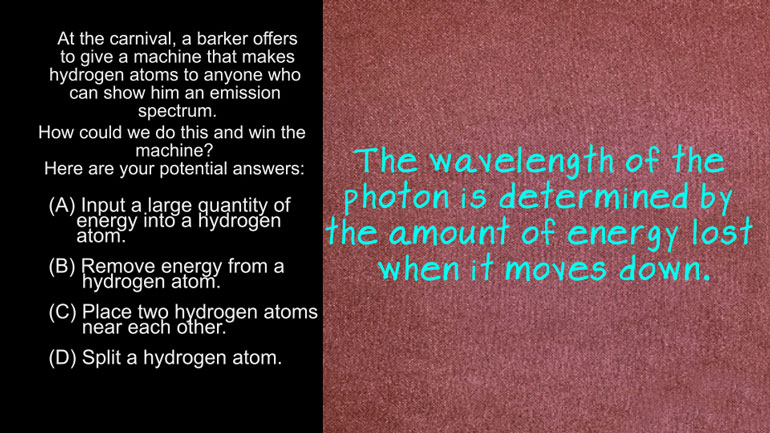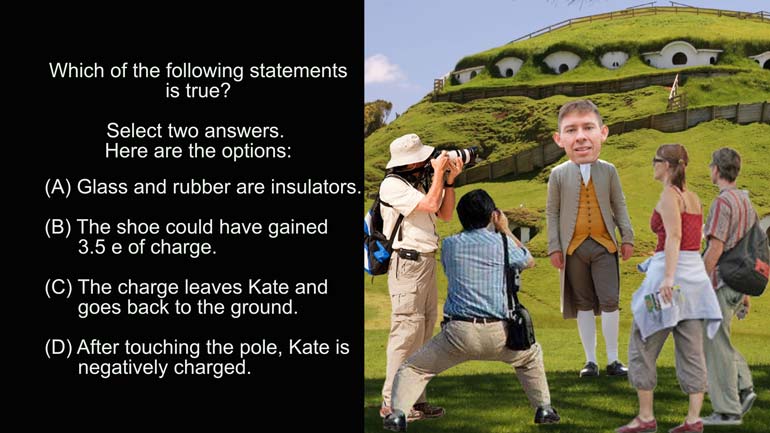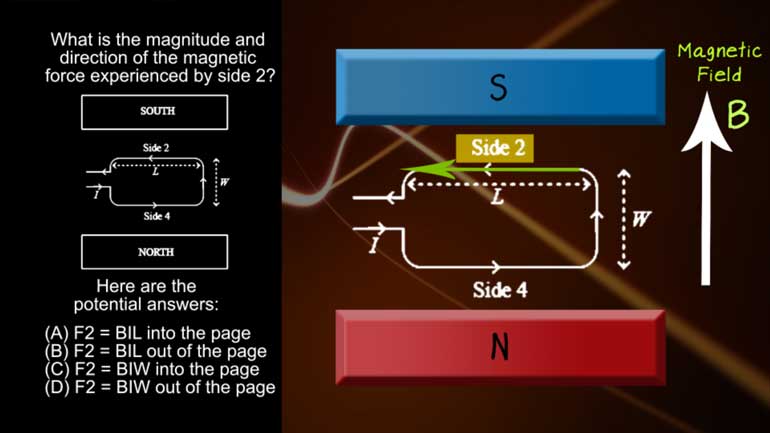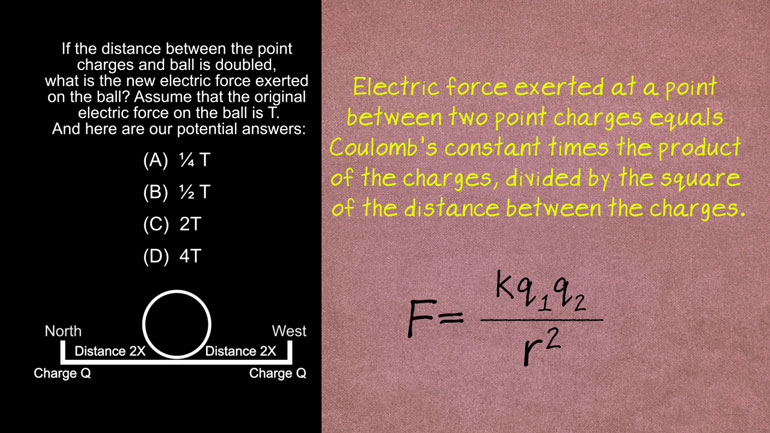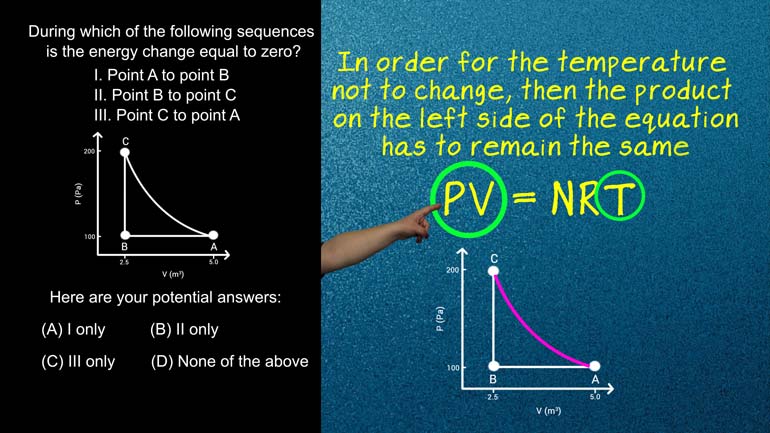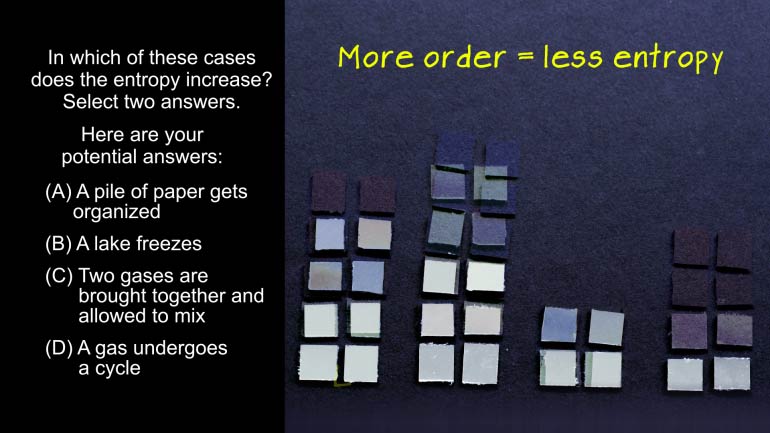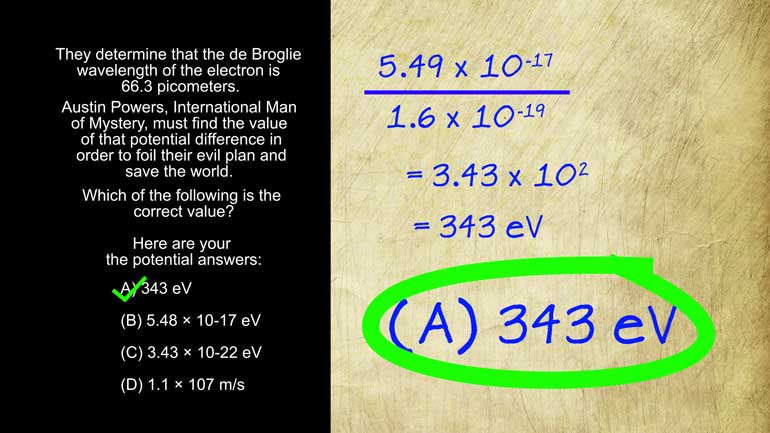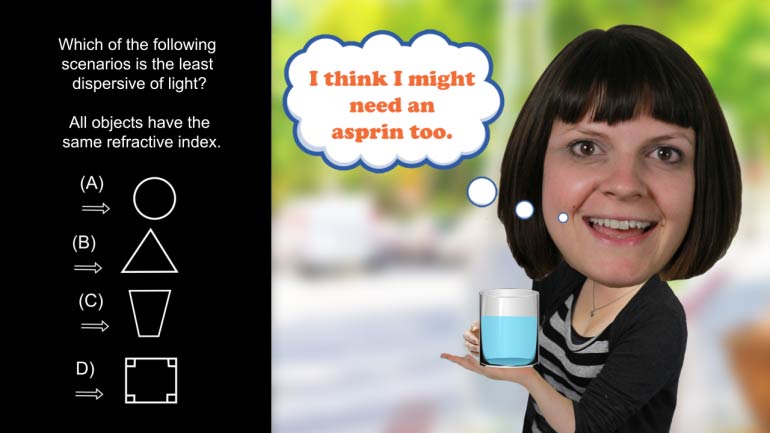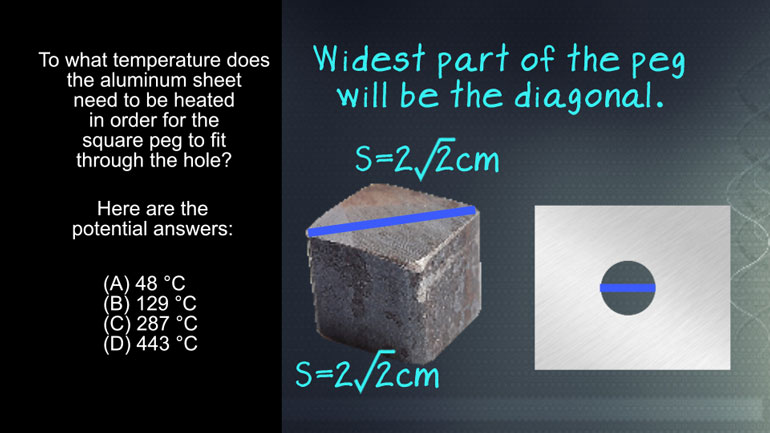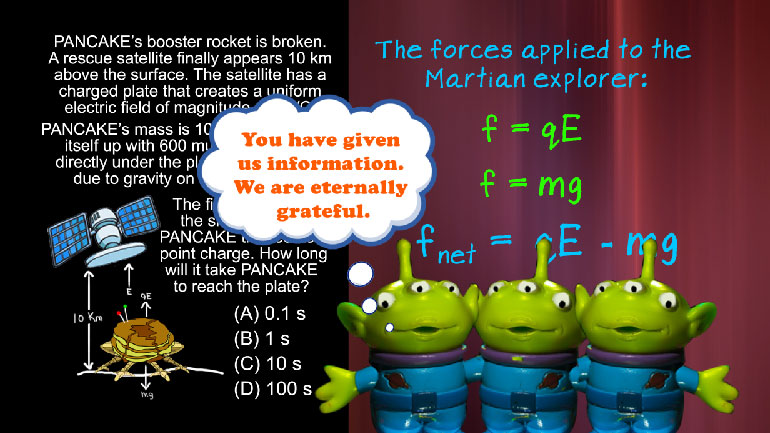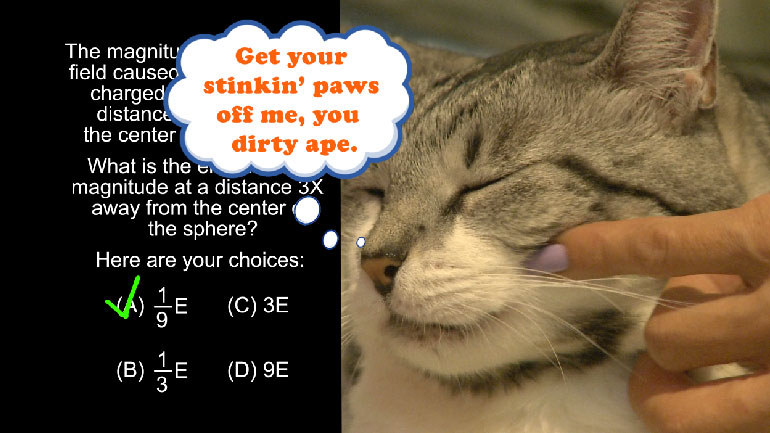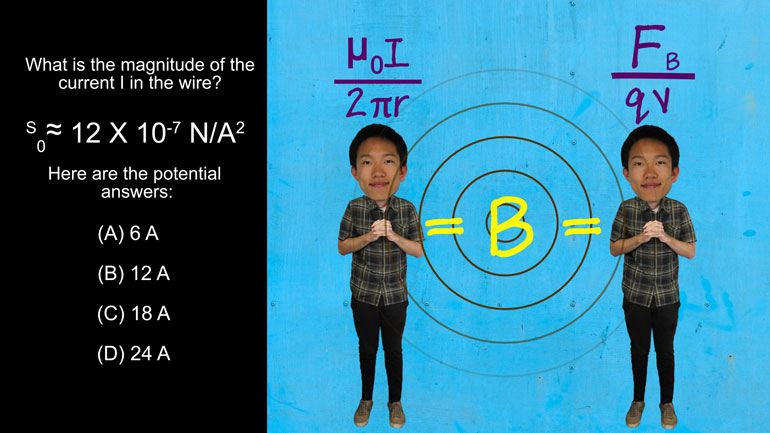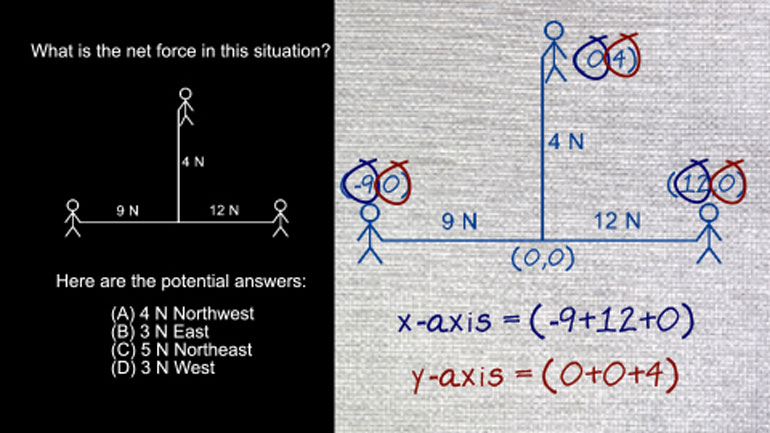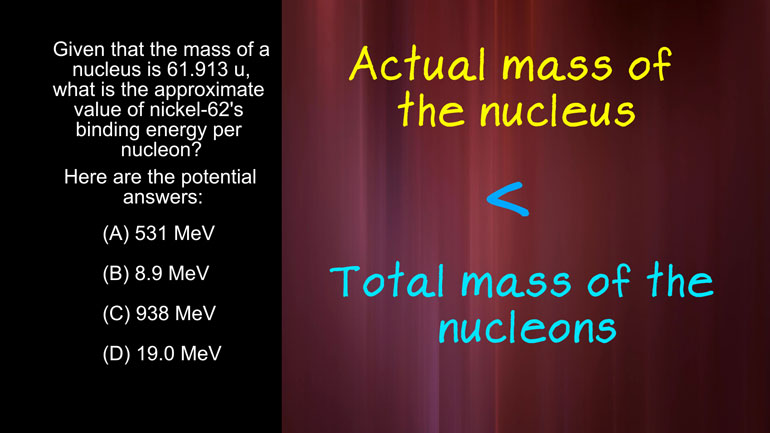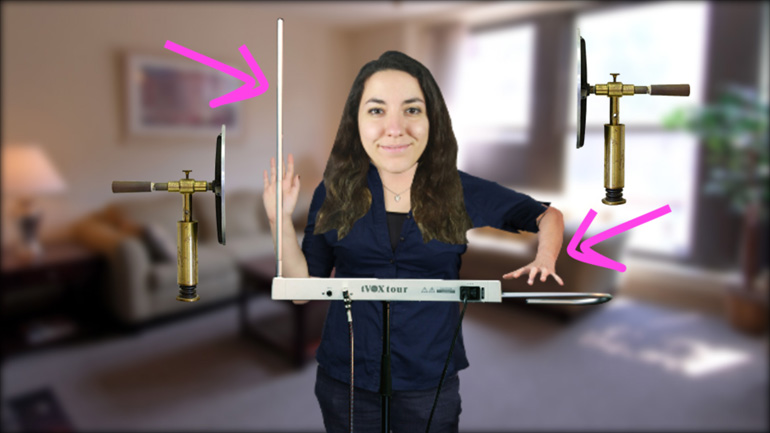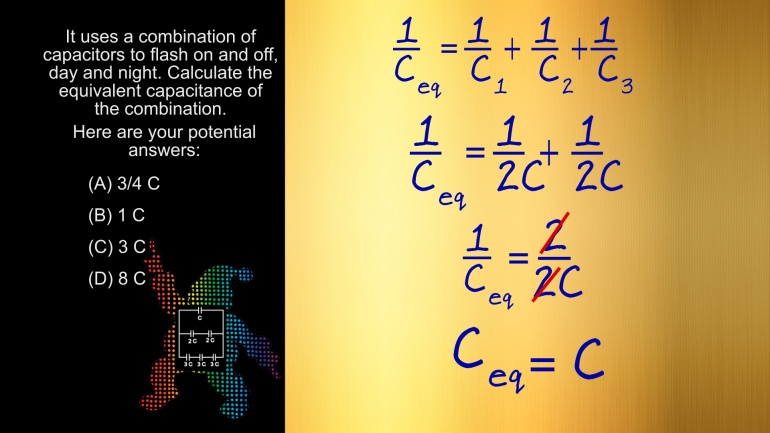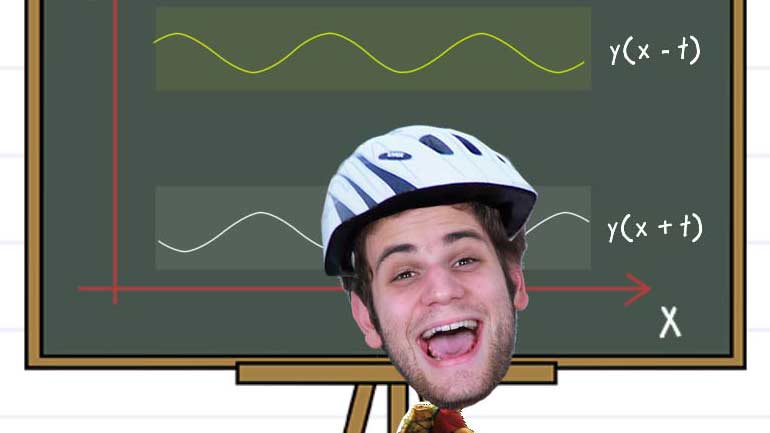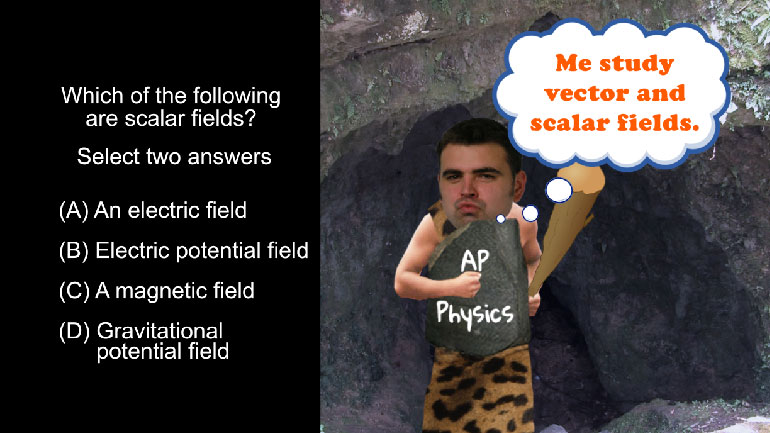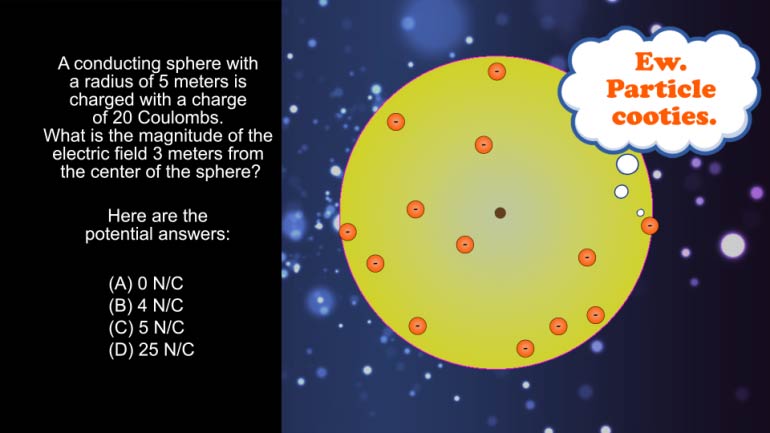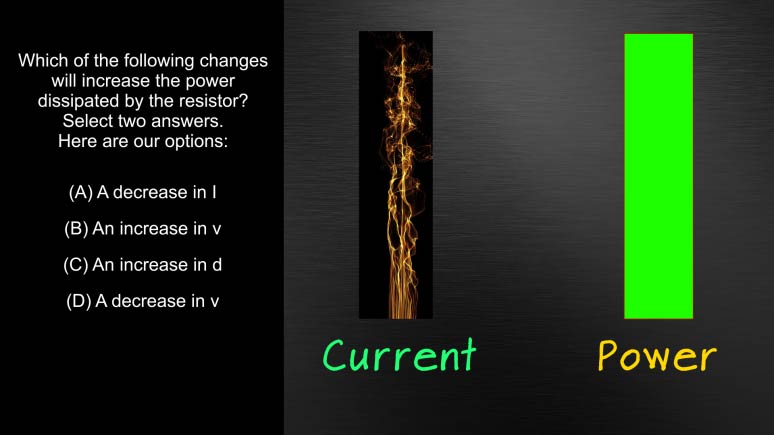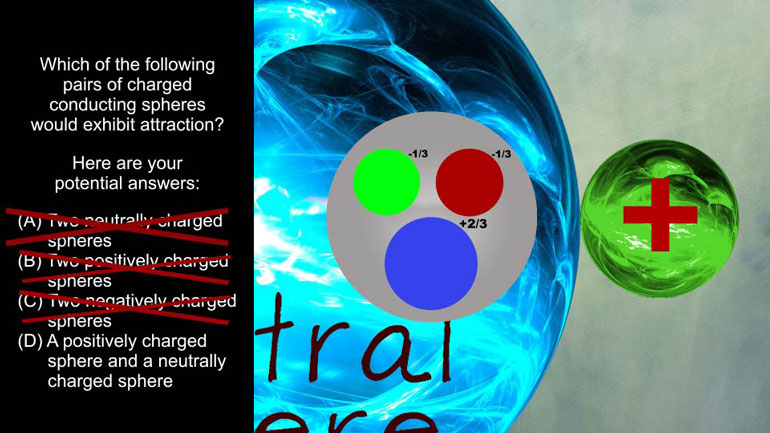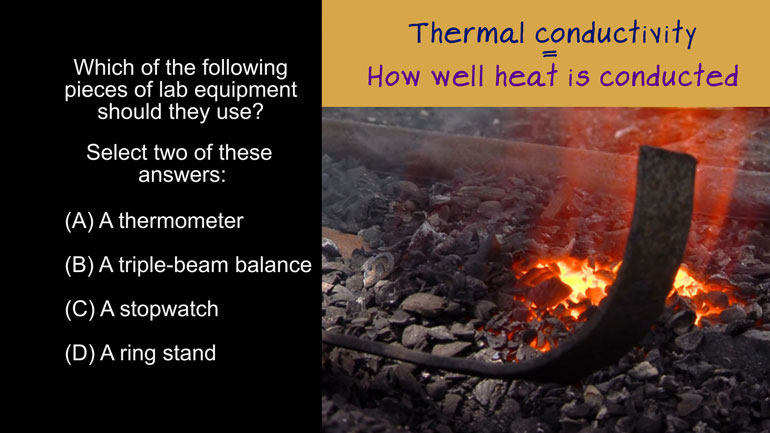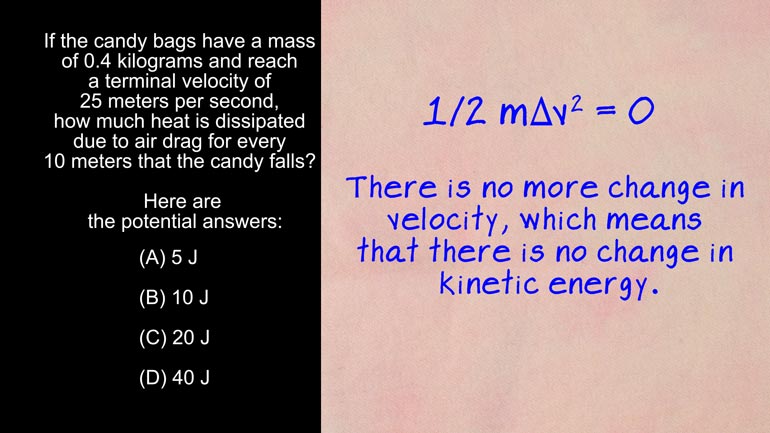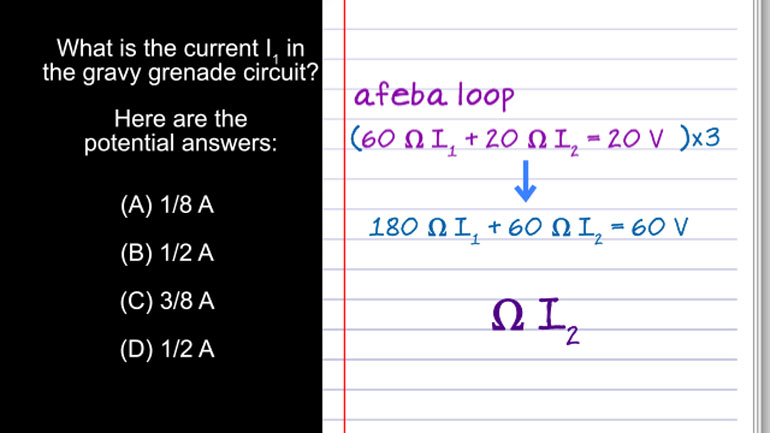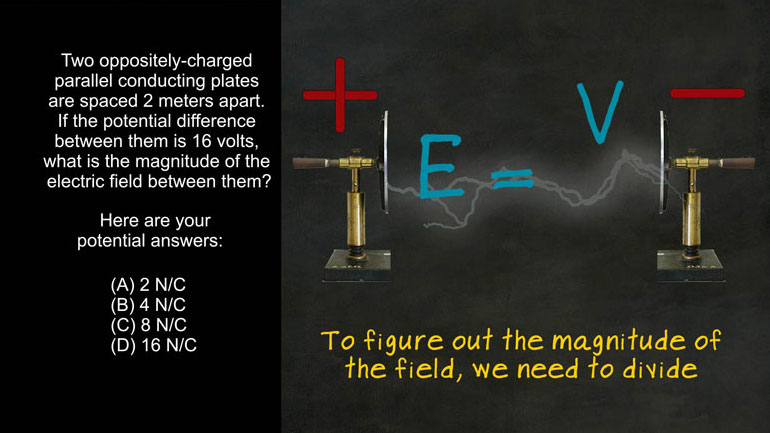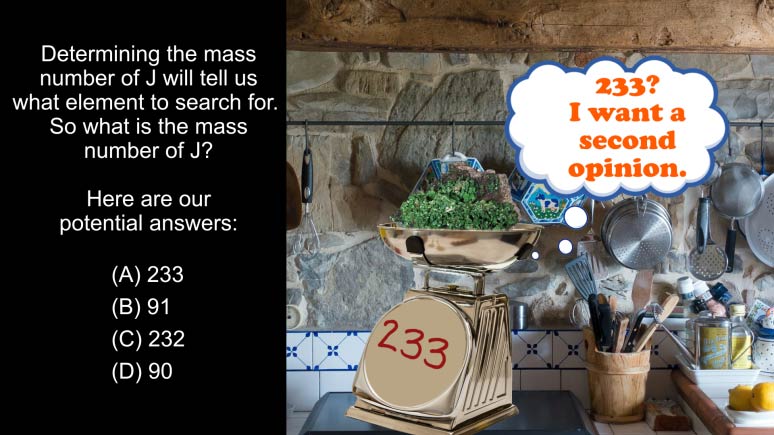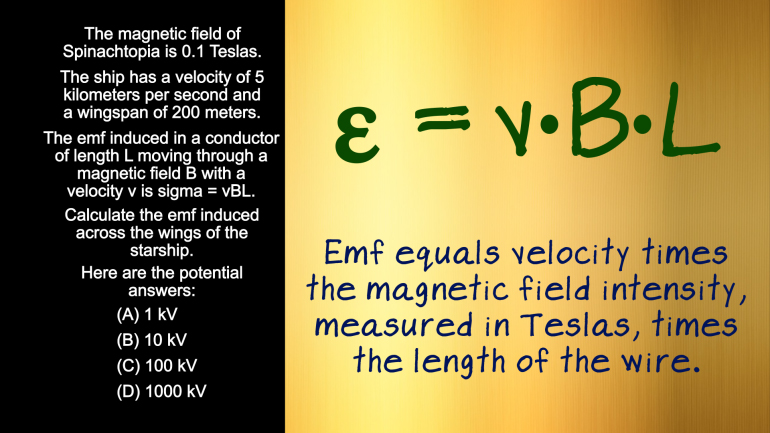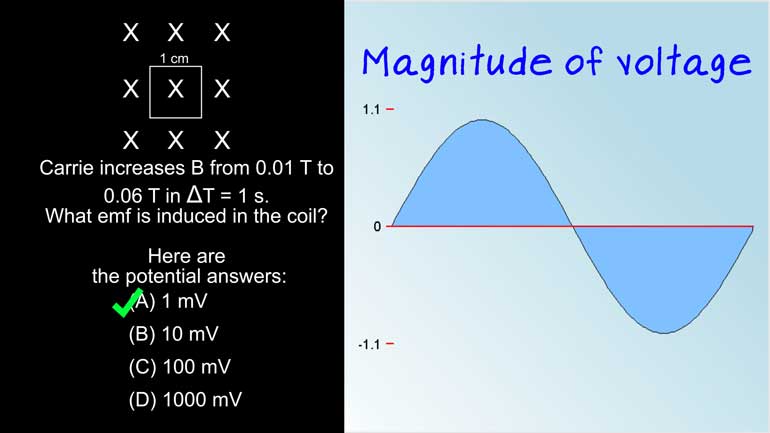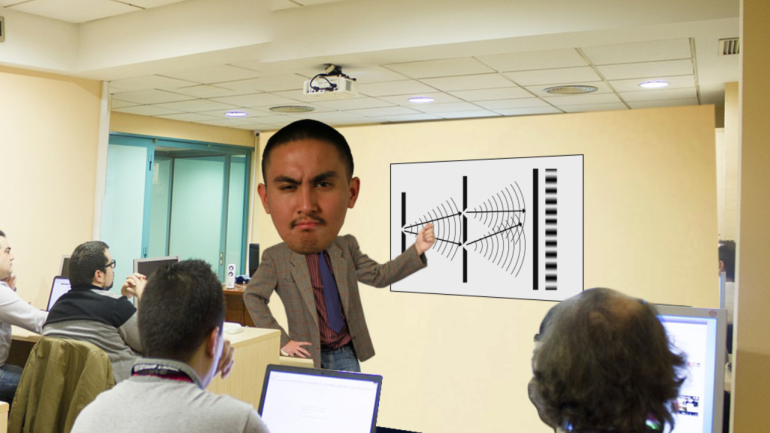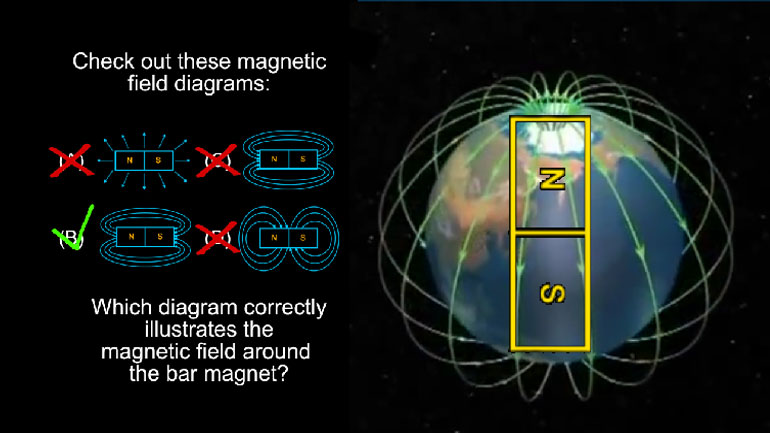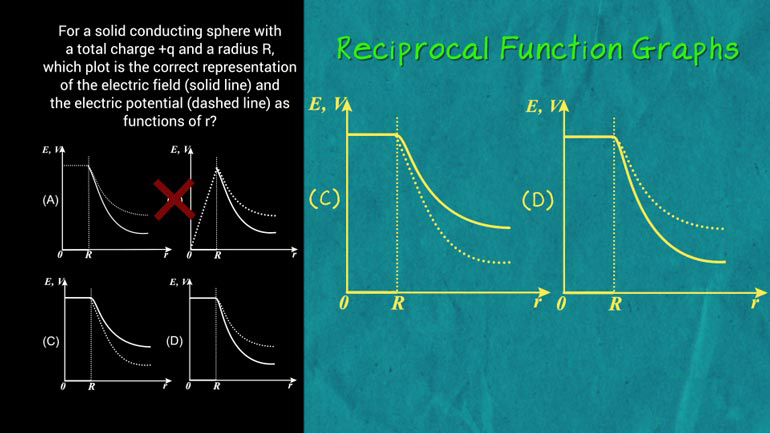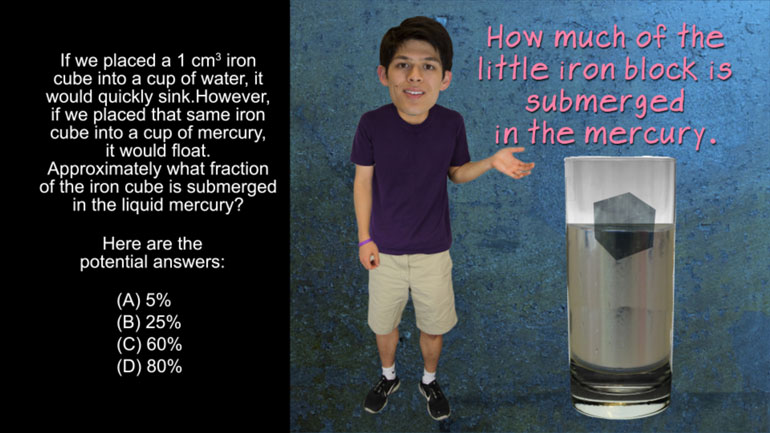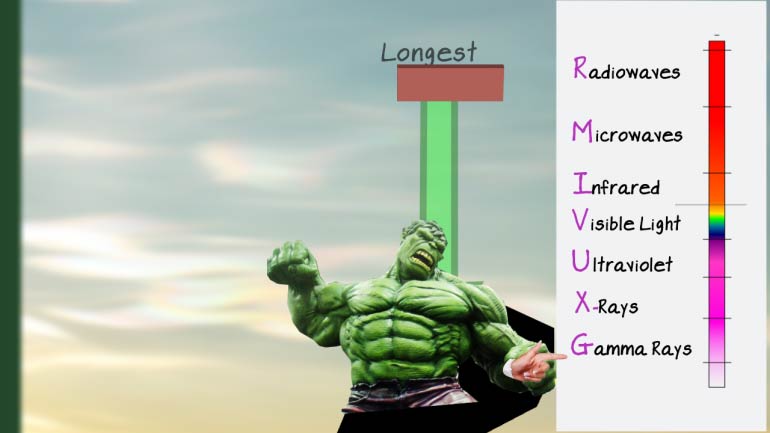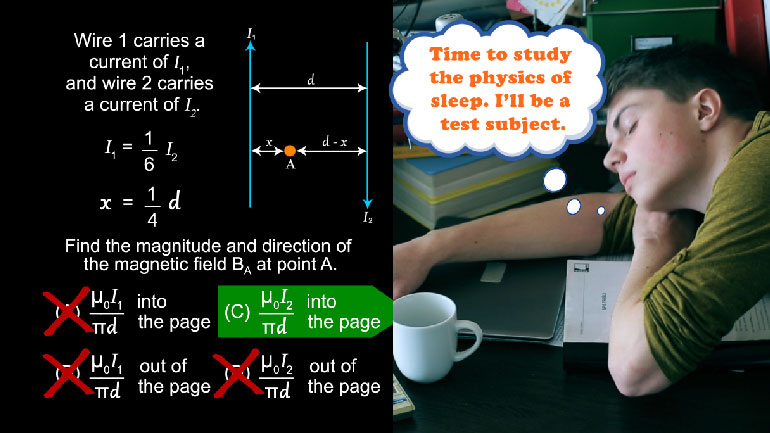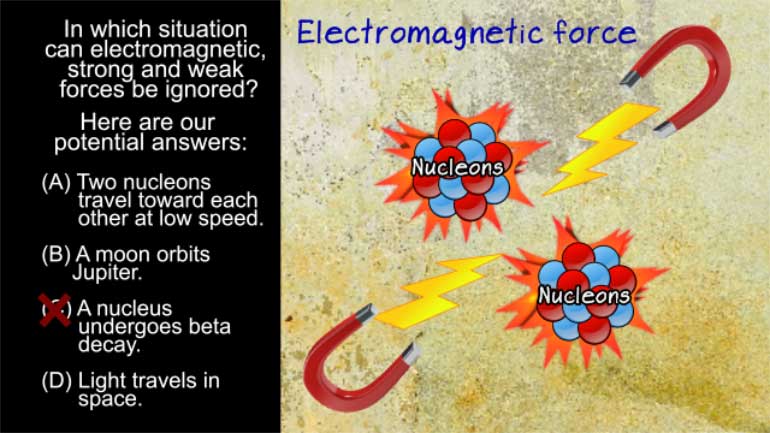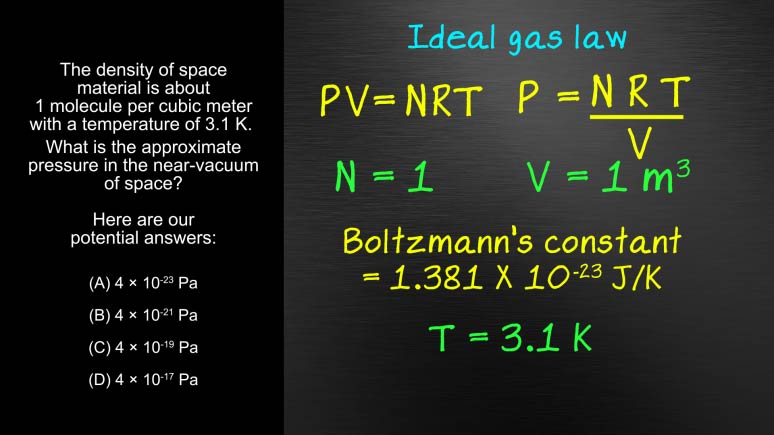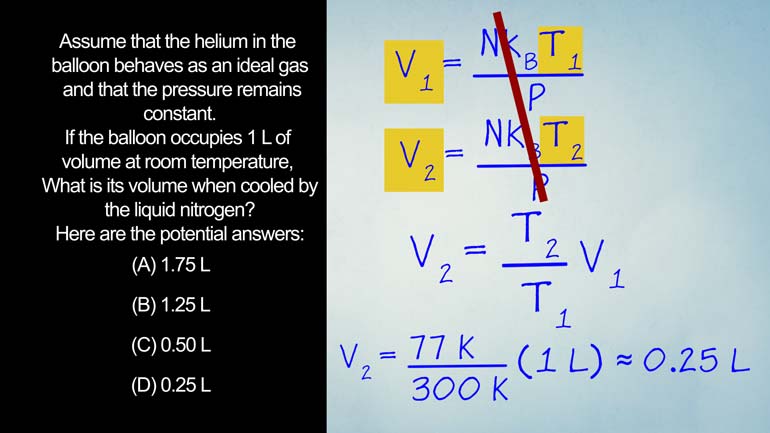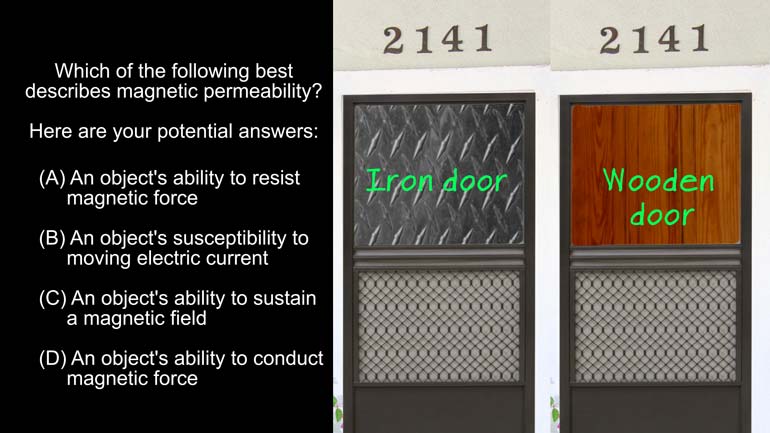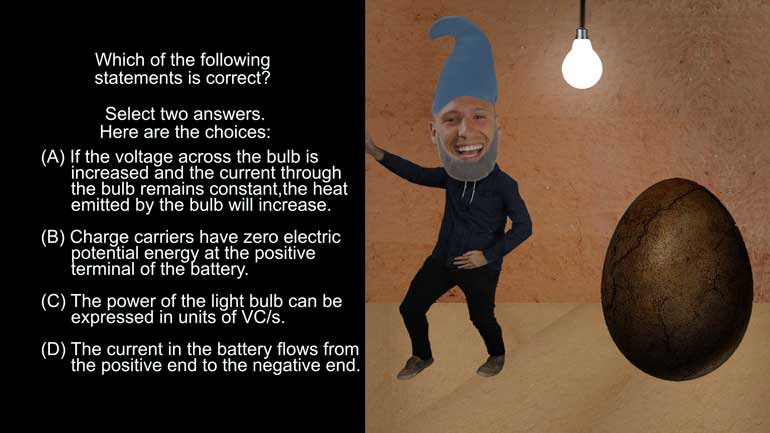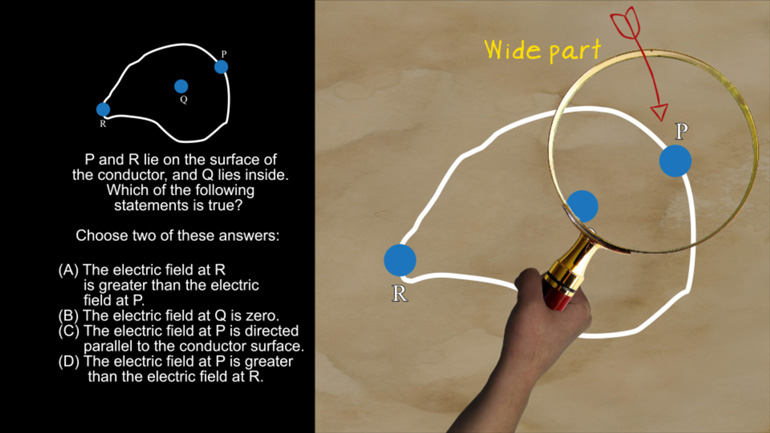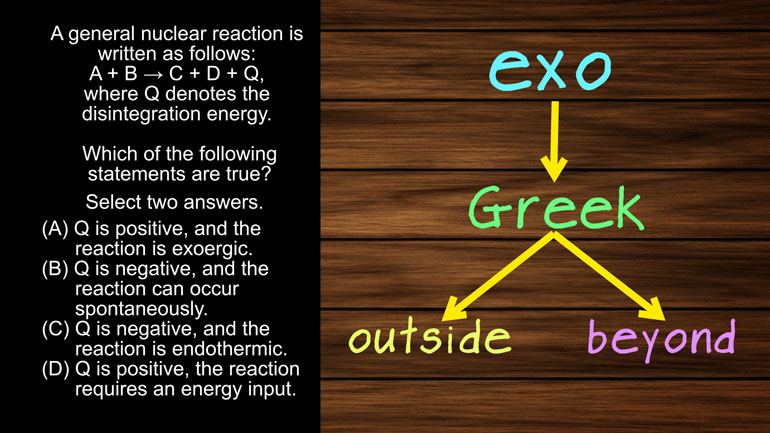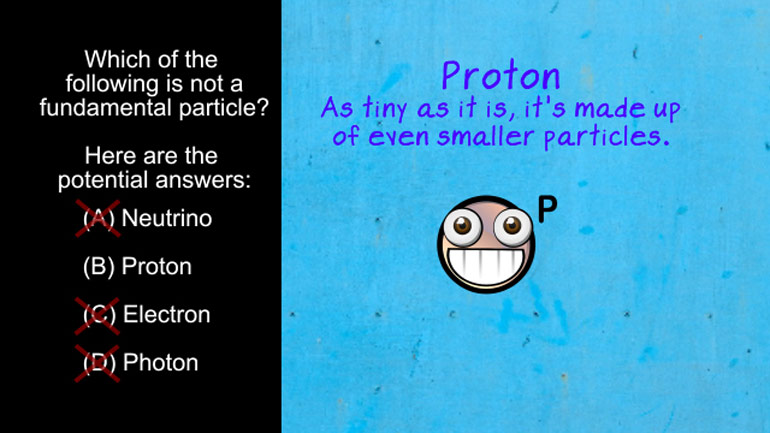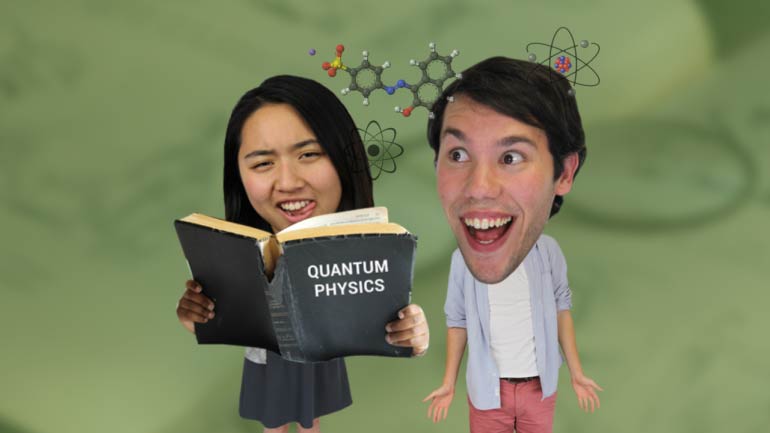ShmoopTube
Where Monty Python meets your 10th grade teacher.
Search Thousands of Shmoop Videos
AP Physics 2 Videos 59 videos
AP Physics 2: 1.1 Properties of Objects and Systems. What is the magnitude and direction of the conventional current in this wire?
AP Physics 2: 1.5 Properties of Objects and Systems. According to the Bohr's model of the atom, which of the following are true?
AP Physics 2: 1.1 Waves 413 Views
Share It!
Description:
AP Physics 2: 1.1 Waves. Find the light intensity.
Transcript
- 00:00
Fine we sneak And here's your shmoop du jour brought
- 00:05
to you by bowling we love falling because we can
- 00:09
eat a cheeseburger fries and drink a soda while we
- 00:11
do it and still claim that we played a sport
- 00:15
all right Local kingpin ex fair just tinted the windows
Full Transcript
- 00:18
of his suv Unfortunately they were done using a horizontal
- 00:22
axis of polarization Not only is this ineffective in reducing
- 00:26
glare but it's downright dangerous when x spare where's his
- 00:29
vertically polarized shades this bowler is as impatient as he
- 00:34
is bolland so he demands a quick temporary fix from
- 00:38
one of his unique mates until the windows air redone
- 00:41
the solution is to wear clip on sunglasses over his
- 00:44
shades not the dorky clip ons These look good The
- 00:48
clip ons are rigged to have a polarizing access rotated
- 00:51
thirty degrees from the horizontal What is the light intensity
- 00:55
shining upon x fares Eyes take i to be the
- 00:59
intensity transmitted by the suv windows and hear the vigilante
- 01:09
Man professional bowlers can be a pretty big time Maybe
- 01:12
we should be working on the physics of the seven
- 01:14
ten split Well we know that thanks to the lousy
- 01:17
tin job the polarization axis for the windows and the
- 01:19
clip ons is thirty degrees on ly A portion of
- 01:22
the electric field will pass through those sweet stylish lenses
- 01:25
into experience Delicate eyes The component of light parallel to
- 01:29
the polarization axis is what makes it through That would
- 01:32
be the co sign of thirty degrees Now the sunglasses
- 01:35
have a polarization of ninety degrees since their vertically polarize
- 01:39
That means that combined with clip ons of polarization angle
- 01:42
of the eyewear is sixty degrees and they're transmitted Field
- 01:45
is the same with the windows and the clip ons
- 01:48
Well the intensity of the field is proportional to the
- 01:50
square of the fields Magnitude in this case the resulting
- 01:53
field after passing through everything is he's Up to now
- 01:56
we can put the pieces together Intensity is equal teo
- 01:59
e sub two squared and east up two squared equals
- 02:02
the starting field squared times the coastline of thirty degrees
- 02:05
squared times the coastline of sixty degrees squared that mass
- 02:09
Shows the resulting intensity after it gets polarized pieces is
- 02:12
three sixteenths of the original intensity So the correct answer
- 02:17
is a that hopefully that's enough liketo let expert here
- 02:20
see out of his windows You got an accident Ruin
- 02:24
his athletic career And again anyone who calls themselves expert
- 02:28
uh probably could use a jolt Nothing too hard Just
- 02:30
enough to knock that goofy name out of it The 00:02:34.958 --> [endTime] reich
Related Videos
AP Physics 2: 1.1 Properties of Objects and Systems. What is the magnitude and direction of the conventional current in this wire?
AP Physics 2: 1.5 Properties of Objects and Systems. According to the Bohr's model of the atom, which of the following are true?
AP Physics 2: 2.2 Properties of Objects and Systems. What will happen as the robot son moves the sponge near (but doesn't touch) the plate?
AP Physics 2: 2.4 Properties of Objects and Systems. How could you show the carnival barker an emission spectrum?
AP Physics 2: 1.4 Object Interaction and Forces. What is the approximate value of nickel-62's binding energy per nucleon?
